Battling against new variants of any virus is commonplace – think of a regular flu year. That battle becomes more difficult, however, when dealing with a new virus. In China and abroad, the SARS-CoV-2 virus, which causes COVID-19, is still somewhat new, having first been identified in Wuhan two years ago.
In November, scientists in South Africa identified the latest strain, known as the omicron variant. The World Health Organization (WHO) later classed it as a “variant of concern” due to its high transmissibility.
As of press time, doctors, scientists, policy-makers and others are still learning about the omicron strain. A WHO technical briefing, which was updated on December 10, suggested that omicron was spreading faster than the delta variant in places where community transmission was present.
During the opening remarks at a WHO media briefing on January 6, the organization’s director-general Dr. Tedros Adhanom Ghebreyesus suggested that omicron caused less severe illness than the delta strain, especially amongst those who had been fully vaccinated.
Despite this, he emphasized that the variant should not be categorized as “mild.”
Tianjin on the Frontline
It has now been confirmed that locally transmitted cases of the omicron variant have been found on the Chinese mainland. From the early morning of January 8 until around 9pm the following day, over 20 cases were found in Tianjin, two of which were confirmed as omicron.
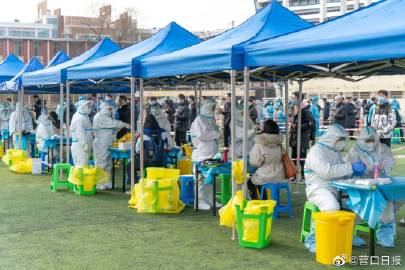
An outdoor testing center in Tianjin. Image via Weibo/@营口日报
Tianjin was also the first place on the Chinese mainland to report an imported case of the omicron variant, back on December 9, 2021. However, it’s not clear if the latest locally transmitted cases are linked to the imported case.
READ MORE: COVID-19 Omicron Variant Detected on Chinese Mainland
Tianjin is in the process of testing all its 14 million residents. As of press time, 11.9 million people have been tested, 7.8 million of which have already received their results. Residents have been told not to leave the city unless absolutely necessary.
READ MORE: Tianjin Tests All 14 Million Residents After COVID-19 Cluster
Tianjin is a city approximately two hour’s drive from Beijing, and an important gateway into the capital. Authorities have stressed that, with the Winter Olympics due to start on February 4, controlling the spread of the virus is of utmost importance.
As of press time, tickets for most high-speed train routes from Tianjin to Beijing are unavailable, with the exception of some trains from Tianjin Station and Tianjin West Station.
Omicron – What We Know So Far
That’s put several questions about the omicron variant to family medicine physician Dr. Roo Changizi, Chair of Family Medicine Department at United Family Hospital in Beijing.
He said that as omicron becomes the dominant variant around the globe, more data will give a clearer picture regarding its transmissibility, the severity of disease it causes and its resistance to vaccines:
“Data so far is mixed on the severity of the disease it causes. Some early findings have pointed toward a mild clinical course, while other evidence has suggested that omicron may lead to more frequent hospitalization in children than other variants do.
“Thus far, there have been far fewer omicron-related deaths which by itself is good news. On the other hand, it is too early to draw definitive conclusions on disease severity.
“This variant has gone through huge changes so as to evade our immune system. We get immunity by having neutralizing antibodies either through vaccinations or previous infections.
“According to WHO and CDC in Atlanta, the analysis so far suggests that the new combinations of changes would lead to omicron replacing delta as the dominant variant in the next few months and to a higher peak burden of disease than the country saw in the second half of 2021 (but likely below the peak reached in the winter of 2020-21).”
Omicron and Vaccines
Dr. Changizi furthermore emphasized the importance of booster vaccine doses combined with effective public health measures, and even suggested the possibility of adapting vaccines to better combat omicron:
“As we wait to see which direction this virus takes us, the response to omicron may include both accelerating the rollout of booster doses of existing vaccines and developing new formulations better targeted to this variant. A few pharmaceutical companies have indicated that modified or new vaccines could be available in a few months, though the scale and global availability are unclear.”
WHO incident manager Abdi Mahamaud said there was evidence that Chinese vaccines could fend off diseases caused by the omicron variant. He said that Sinovac and Sinopharm, both domestically produced vaccines administered in China, reduced the risk of severe illness, hospitalization and death, as reported by South China Morning Post.
According to findings by the National Health Commission published on December 12, China has administered around 2.6 billion vaccine doses. At a press conference, the National Health Commission also claimed that this amounted to 1.2 billion people who had been fully vaccinated, as reported by Xinhua.
Zheng Zhongwei, director of the Development Center for Medical Science and Technology and head of the national working group for vaccine development, said recently that China will allow vaccine-mixing for COVID-19 booster shots.
When it comes to vaccine-mixing, Dr. Changizi said that the evidence regarding effectiveness is mixed. What he said is clear however, is the importance of getting booster doses:
“Researchers in Hong Kong are adding to growing fears the variant may ‘escape’ the protection offered by current vaccines. The University of Hong Kong researchers recommended that individuals get a third dose of the Pfizer, BioNTech and Sinovac vaccines ‘as soon as possible’ in order to ensure better protection against the rapidly-spreading variant.
“Among a group of 25 double-jabbed Pfizer and BioNTech recipients, just five had sufficient neutralizing antibodies, reducing the vaccine's efficacy to 20-24%. More research needs to be done for the locally produced vaccines like Sinovac or Sinopharm to see if recipients still have enough antibodies to neutralize omicron.
“We know that most individuals who received two doses of the vaccine (either BioNTech or Sinovac) do not produce sufficient levels of serum antibodies against the new omicron variant. The public is advised to get a third dose of the vaccine as soon as possible while awaiting the development of future vaccines more suitable for combatting the current variant.”
Zero, Zero and Zero
Amidst all the uncertainty caused by the latest omicron variant of COVID-19, one thing is for sure: with heavy lockdown measures in Xi’an, Tianjin and Yuzhou city and other parts of Henan province, as of press time, China has shown no sign of easing its ‘Zero-COVID’ strategy, for now at least.
‘Zero-COVID’ will continue to underpin China’s approach to COVID, and therefore, ‘normal’ will not return anytime soon.
This article originally appeared in That's Mags' January issue, scan the QR code for your free copy.

[Cover image via Pixabay]
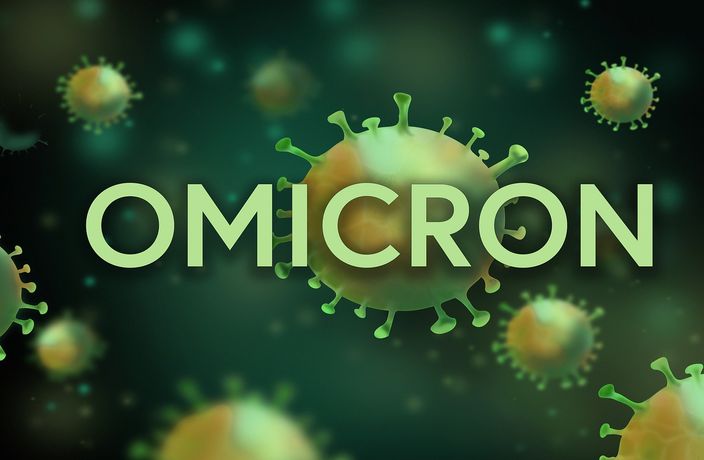




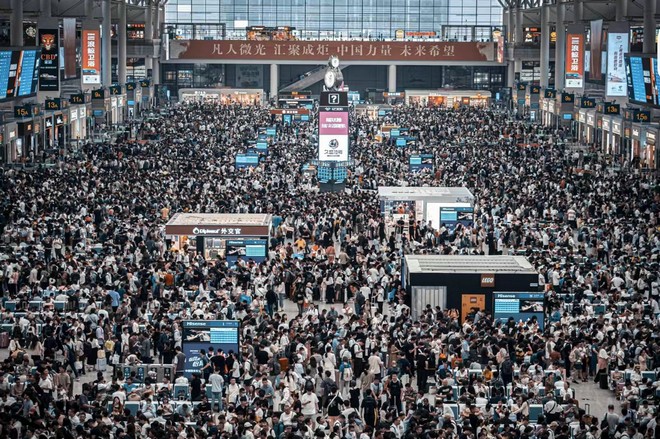
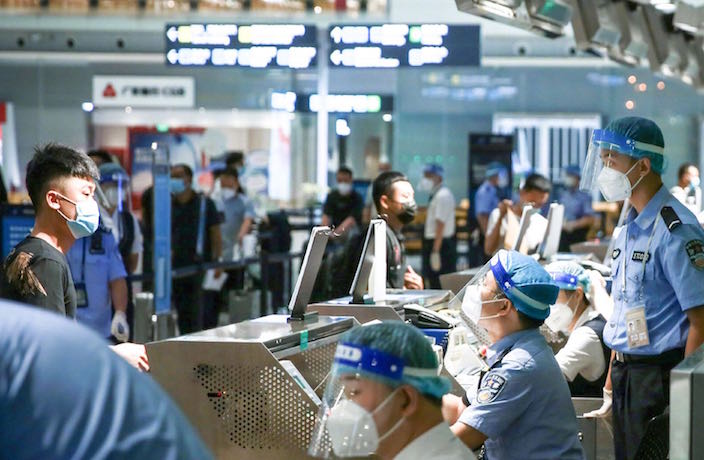
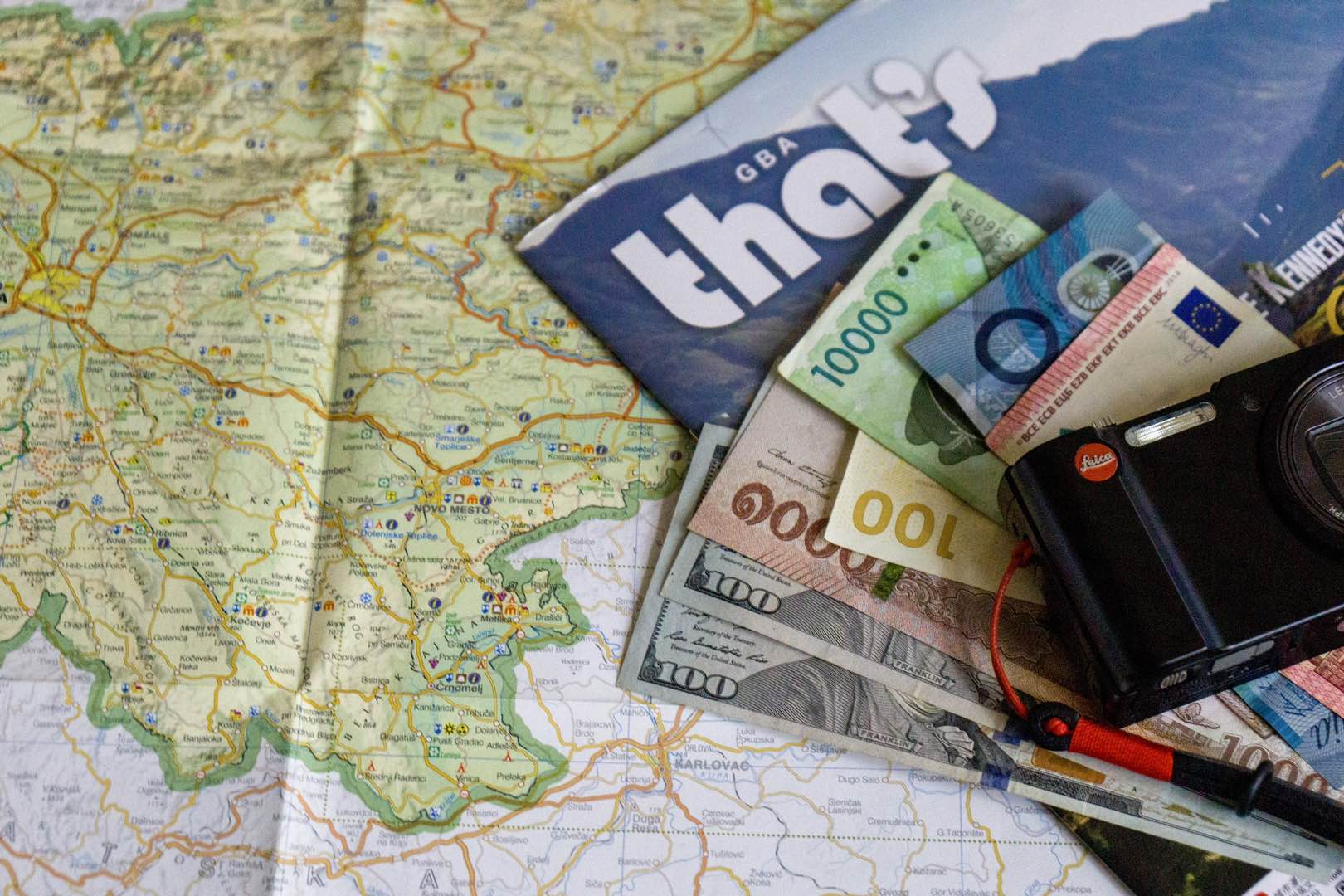














0 User Comments